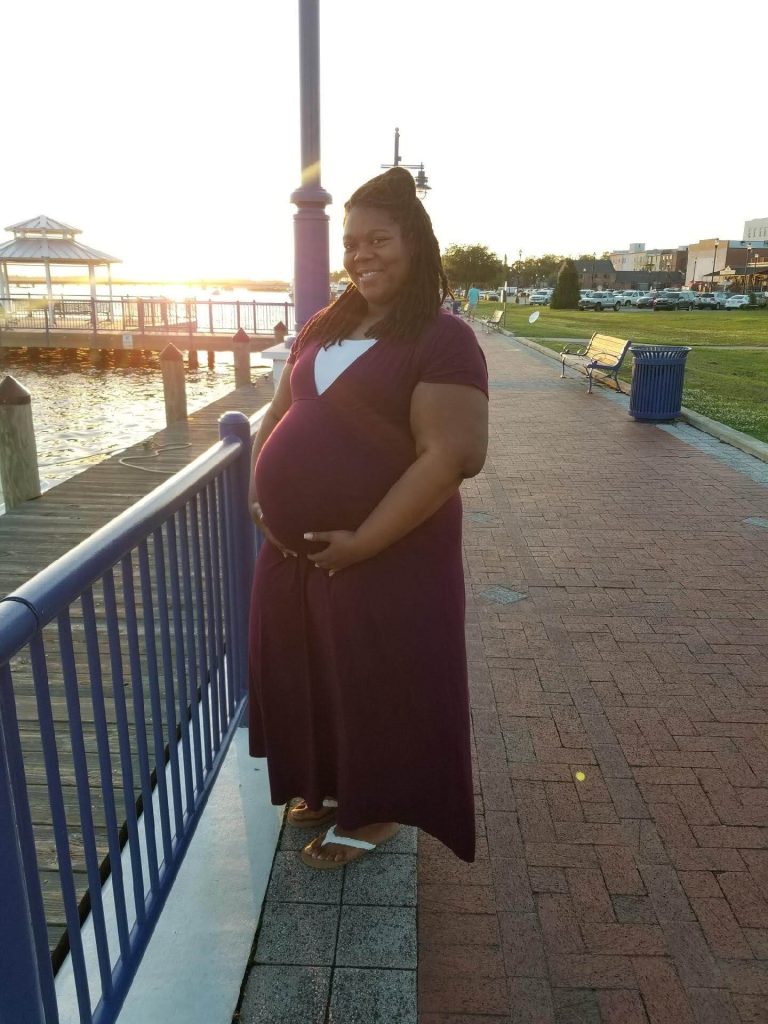
The fourth annual Black Maternal Health Week wrapped up April 17th and I am still reeling from everything I absorbed during that phenomenal week. It was enlightening, informative, it made you hold up a mirror to your own biases regardless of race and identity, and take inventory of your mental health. It made us take a deeper dive into what has shaped the psyche of Black culture. It explored exactly why Black mothers are treated in the manner in which they are treated during the birthing journey, and it all comes down to mindset.
I attended as many sessions during the Black Maternal Health Conference that I could and while many sessions resonated with me. One of the sessions presented by RJ2 identified the skewed mindset toward Black culture, Black women, and Black mothers and encouraged a re-framing of what self-care truly means. Historically, Black women have been viewed as merely reproducers and laborers. Their emotional, mental, and physical health were ignored in favor of meeting the needs of others, mainly their oppressors. To this day, as a result, they are disregarded and unheard.
When I was pregnant with my first daughter, I was on North Carolina Pregnancy Medicaid. My choices were limited in my area, but I managed to have my prenatal appointments with a midwife associated with the local university. I would find out later in my pregnancy that if I went into labor on the weekend or after 5 pm, a set of students would deliver my baby and if I went into labor during the week from 9 am to 5 pm a midwife would help me deliver. I went into labor at 2 am on a Saturday morning. The events that followed left me feeling unheard and disregarded by nurses and the student doctor who delivered my baby.
While I was in labor, I could feel it was time to push and I asked FIVE times in between contractions to be checked over the course of about 30-45 minutes before I was finally listened to.
I requested that I solely breastfeed my daughter and the night nurse whisked her away from my room while I slept and bottle-fed her, citing that I needed to rest. I woke up and found her with my daughter at the nurse’s station. The panic and fear that I felt when I realized my baby was missing is still with me nearly three years later.
The doctor was uncaring and mechanical. When I advised of the pain I felt during a follow-up visit to check my sutures (I suffered a 3B tear), I was dismissed the first time. I continued to have pain for a week and had to demand another check. I had an infection. Had I not advocated for myself, I don’t know what the circumstances would have become.
I share my personal maternal health journey because it is a prime example of why BMHW is well-needed. There is more work needed to undo generations of maternal harm. From nurses who blatantly dismiss a mother’s request to doctors who simply do not listen. We must undo all the “lessons” we’ve learned and accepted for how Black mothers are treated before, during, and after their birthing journey. I am so proud of the changes and strides that are being made in maternal health to reshape how society views the Black birthing experience. It is overdue.
This was written by Kelli Sheppard, 4th Trimester Project partner. Connect with Kelli!
Disclaimer: The statements made in Mamas’ Stores are not medical advice. The Mama’s Stories section is a place for women to share THEIR EXPERIENCES with postpartum health topics. Statements or third-party promotions made by mothers do not necessarily reflect the 4th Trimester Project brand. The 4th Trimester Project does not endorse the statements, brands, or products mentioned in any posts. The 4th Trimester Project aims to only partner and promote people and organizations who adhere to the International Code of Marketing of Breast-milk Substitutes (also known as the WHO Code). For details, click here .

